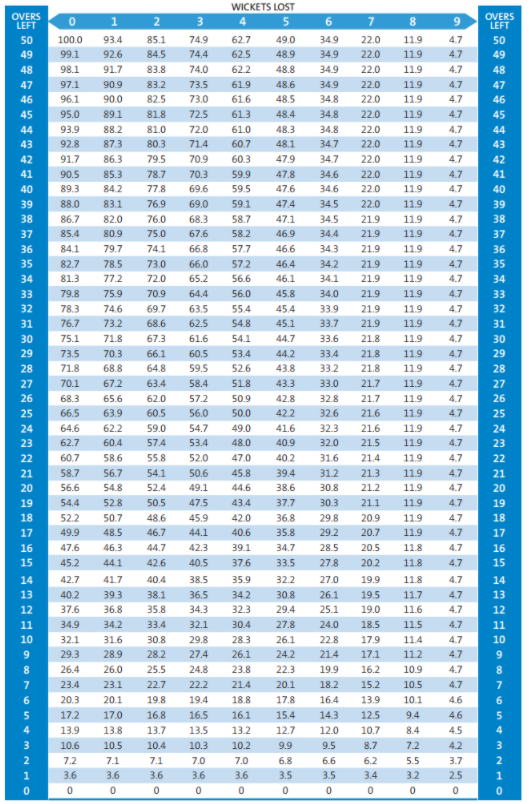AUS vs BAN DLS Par Score: The Australia vs Bangladesh clash at Sir Vivian Richards Stadium, North Sound, Antigua has been stopped after rain intervened in the game.
AUS vs BAN DLS Par Score
As the rain interrupted in the second half, the match officials will follow the DLS rules and will decide the par score for the second batting team. Batting first, Bangladesh posted 140 runs for 8 wickets loss at the end of the 20 overs.
While chasing, Australia maintained a run rate of more than needed and played an aggressive gameplay. At the end of 10 overs, Australia scored 80 runs for 2 wickets loss while Bangladesh managed to score 67 runs for 3 wickets loss.
In the middle of the 12th over, match officials stopped the game as the rain came back. Notably, the toss for the match has been delayed due to the same.
Though Australia lost two wickets in this mini-session they are well ahead. Aussies needed to be at 72 for 2 according to the DLS method, that was the par score but they are 8 runs ahead.
Latest update on top!!!
As the rain continued to pour, match officials declared Australia as the winner of the game by DLS method.
00:10 Local Time, 04:10 GMT, 09:40 IST: AUS vs BAN clash started to lose overs as rain continue to lash down in Antigua. Bowler’s run-up has been covered as well.
00:05 Local Time, 04:05 GMT, 09:35 IST: The 4th umpire is having a chat with the ground staff. A stiff breeze blowing across the ground, hopefully, it’ll take the rain away with it.
23:58 Local Time, 03:58 GMT, 09:28 IST: It’s raining pretty hard, we might have a bigger break and we might start losing some overs as well.
How DLS is Calculated?
To calculate a target, the formula may simply be expressed as:
Team 2’s par score = Team 1’s score x (Team 2’s resources/Team 1’s resources).
During the match after the interruption, there are only two factors remain with the team for the calculation of this method.
Every team available with these two resources namely:
- Remaining Overs
- Remaining Wickets
On the basis of these two resources, Frank Duckworth and Tony Lewis have prepared a chart which suggests that how many resources are left with the batting side in different situations.

Real-time Example of a DLS Method Calculation:
Let us take an example that happens earlier before in DLS history where India beats Australia by 26 runs. This happens in the first ODI of Australia tour of India in Septem
- In the 1st innings, India scored 7/281 in 50 overs.
- During the innings break, rain interrupts play, and the match is reduced to 21 overs.
- The 2nd innings commences, with Australia requiring 164 for victory.
- Australia finishes their innings on 9/137 off 21 overs.
- India wins by 26 runs on the D/L Method.
WATCH: How DLS Method is Calculated in Cricket By ICC

